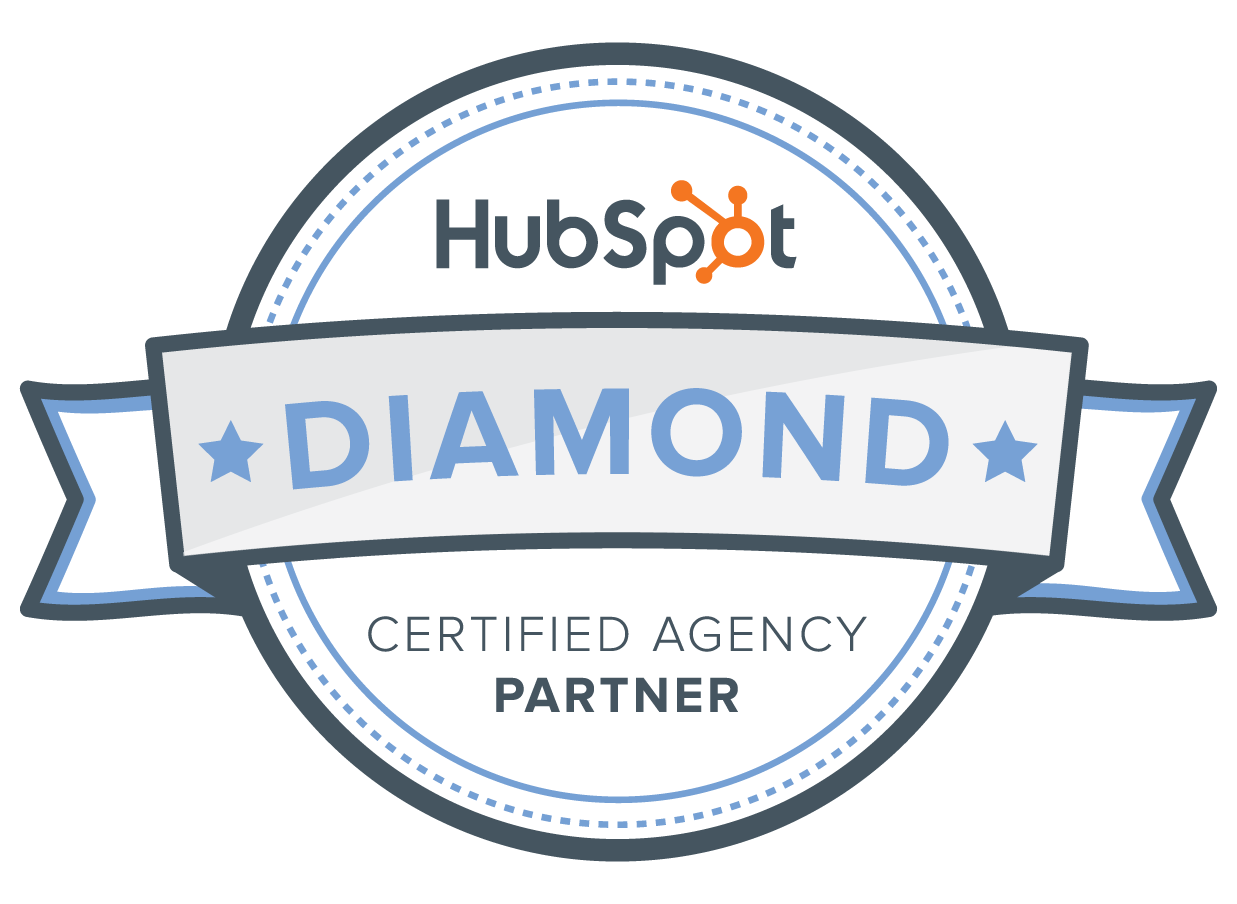Think your B2B company won't get much out of a customer success program? Think again! Albeit a relatively new field that's quickly gained a lot of traction in the business world, "customer success" isn't just the latest buzzword or passing phenomenon. Success is rooted in relationship building, something that's been a key to B2B marketing for a very long time. Read on to learn about customer success, how it can help you achieve your business goals, and easy ways you can implement it.
What Is Customer Success?
In a nutshell, customer success is the process of building, nurturing and managing relationships with your customers. The goal? To make your customer as successful as possible – which, in turn, fosters loyalty to your company and brand.
Many businesses confuse customer success with customer support... two different animals. Support is the organizational function that solves a problem a customer raises. It's reactive, specific to a customer request. Conversely, customer success is proactive and centers on client success and satisfaction by helping customers get the maximum value out of your product or services.
Customer success focuses on growth opportunities with existing customers by ensuring a positive customer experience, product adoption and ongoing communication – and when it's done right, it can provide vast opportunities for upselling and cross selling.
Why Should I Care about Customer Success?
"Every day we’re saying, ‘How can we keep the customer happy? How can we get ahead in innovation by doing this?’… because if we don’t, somebody else will." – Bill Gates, Microsoft
Why is customer success so critical to a B2B business's long-term growth? First, it's important to recognize that your customers are your most undervalued growth asset. Keeping your customers loyal, engaged and happy is vital to securing their repeat business. According to the Harvard Business Review, acquiring a new customer is anywhere from five to 25 times more expensive than retaining an existing one. That's why it's important to consider customer success as a revenue generator, not a cost center – particularly when B2B sales cycles tend to be much longer and involve more decision makers compared to their B2C counterparts.
Moreover, Forbes has reported that by the year 2020, the customer experience your clients have with your business is predicted to overtake both product and price in distinguishing you from your competitors. As a result, more and more savvy business owners from a variety of industries (not just software) are jumping on the customer success bandwagon.
Let’s face it, this is one area that you can’t afford to be a late adopter. Not only will an effective customer success program help you set your B2B business apart from your competitors, but it will also put the brakes on customer churn and support you in building a base of happy, successful, outspoken client advocates.
A Happy Customer Is a Loyal Customer
"If you do build a great experience, customers tell each other about that. Word of mouth is very powerful." – Jeff Bezos, Amazon
Of course, you want your customers to be evangelists and brand ambassadors for your business. One of the best things to happen for any company is when a delighted customer spreads a good review. Know that a satisfied customer is 73% more likely to recommend a brand to others. In light of this, here are some suggestions to get your business started on the road to customer success:
1. Create buyer personas. The most effective business marketers create profiles of their hypothetical ideal customers to better understand their needs, work-life and how they go about and impact the buying process. Through research, you can gain insight into their likes and dislikes, gather information on their buying behavior, preferred communication channels, purchasing frequency, etc. You can also include what "success" would be mean to them from an engagement with a business like yours. Every time a new piece of marketing collateral is created, it should be aligned with one of these personas.
2. Nurture before the sale. Customer success starts before your lead becomes a customer. You need to look at your customer’s entire journey and all the touchpoints they have with your business. Don’t just focus on a part of the experience or a specific interaction; look at the complete experience of being a customer. From the first time prospects encounter your brand, through the customer onboarding process, to months after the closed sale, your entire company should embrace customer success and deliver a consistently positive experience that meets the clients' needs before they even ask.
3. Cover all your bases. Your customers don’t just use one channel when engaging with your business. They might be browsing your website, monitoring you latest tweet or checking out your quarterly email newsletter. Be sure you are providing your customers with a seamless experience and message across all channels.
4. Be the customer's go-to resource. One of the most critical things to consider when thinking about customer success is how to make your customer more successful. Consider creating an online resource library, how-to product videos, FAQs page, adding chat to your website or creating educational blog articles to share with your customers… anything to make their life easier. If they're going to someone else for help, they're more likely to lose faith in you come renewal or reordering time.
5. Always be educating. Strive to continually update and educate your customers on your product or service. Consider holding a monthly customer lunch and learn webinar or tutorial to review your product features and any new product releases or services – and to eliminate road blocks to usage so that customers can unlock the full value of your offering.
6. Leverage social media. Your customers are on social media – no matter what industry you're in. Use it to connect with them! If a customer leaves a comment, positive or negative, never forget to respond and consider offering them a small token, i.e. discount on new product / services, discount voucher to a local trade show, or even a gift card.
7. Push interactions with less engaged customers. Send “miss you” or information messages to customers that have not recently engaged with your business. Think of it as rekindling communication to inform them about your latest product or offering or provide them with education and relevant recourse materials. Don't let the relationship go stale!
8. Foster a sense of exclusivity. You want your customers to feel like they're getting extra benefits for being a customer. Benefits that even your best prospects or business partners aren't getting. Try creating a customer portal or quarterly customer newsletter that doles out content that isn't seen anywhere else on your website. Offer freemiums, demos, access to beta programs and sample kits. Adding value to the relationship in this way is going to build loyalty and make it difficult for the customer to picture doing business without you.
9. Conduct a Net Promoter Score® survey. These surveys are a great way to solicit feedback from your customers. A Net Promoter Score survey is simple yet effective. And the feedback can be analyzed and used to improve vital processes within your organization. Click on the link to learn how to create and launch one!
Have any other customer success tips for B2B businesses? Share them in our comments section below! We'd love to hear from you. And for more tips on this topic, read our comprehensive power piece – The Ultimate Guide to Harnessing the Power of Customer Success. Enjoy!











